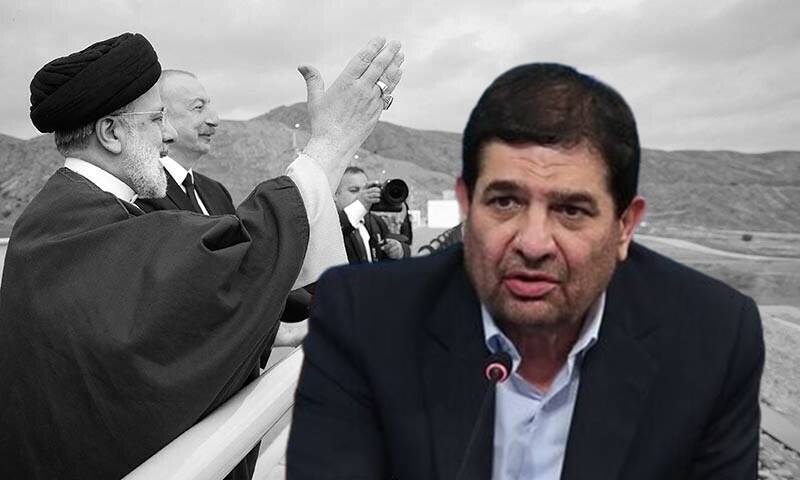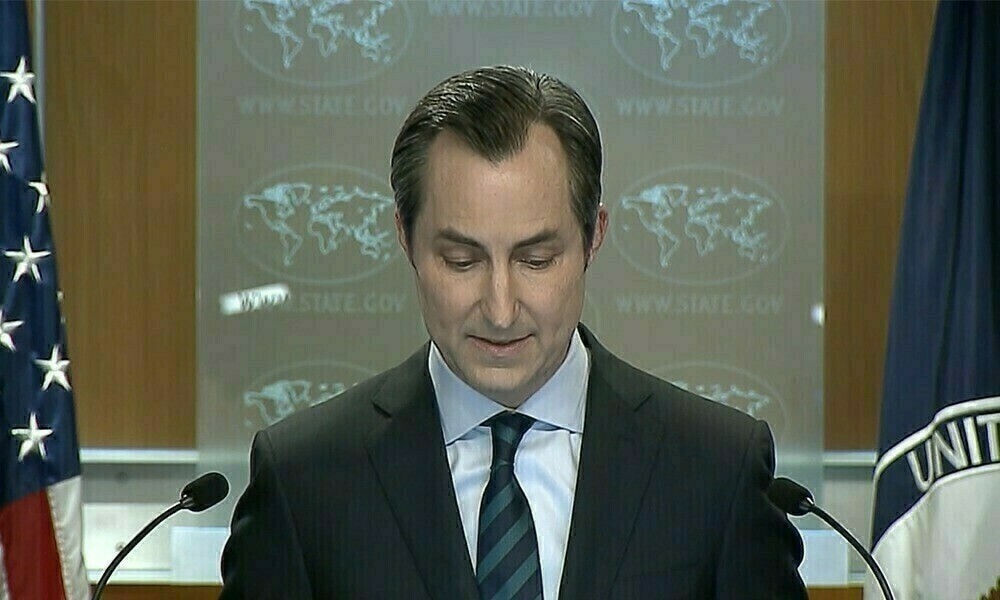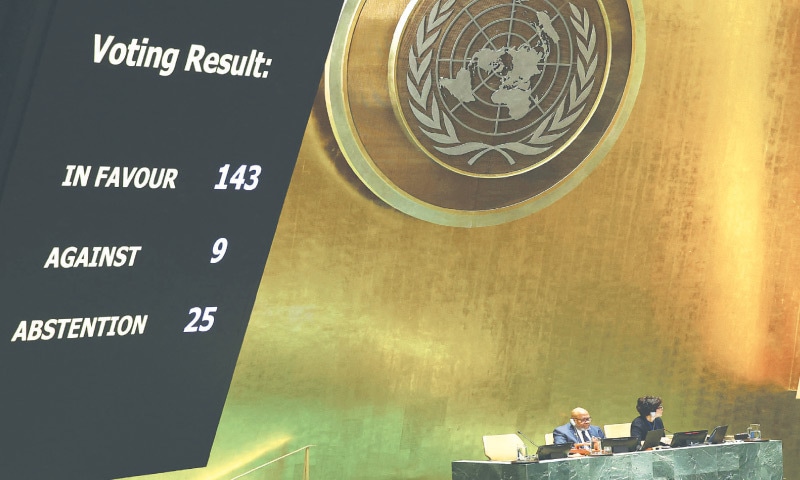The tragic death of Iranian President Ebrahim Raisi in a helicopter crash, Mohammad Mokhber, the first vice president of Iran, is poised to take over as interim president. This transition is in accordance with Article 131 of the Iranian constitution, which mandates that the first vice president assumes presidential duties and organizes new elections within 50 days in the event of the president’s death, resignation, incapacitation, or dismissal.
Mokhber’s assumption of presidential responsibilities will occur once he receives the approval of Iran’s Supreme Leader, Ayatollah Seyyed Ali Khamenei. This interim period will be crucial for ensuring political stability and continuity as the nation mourns the loss of its leader and prepares for new elections.
Who is Mohammad Mokhber?
Born in 1955, Mohammad Mokhber has had a long and influential career in Iranian politics and business. He is closely associated with Supreme Leader Ali Khamenei, a relationship that has significantly shaped his political trajectory. Mokhber was appointed as the first vice president in 2021 following Raisi’s election as president.
Before becoming the first vice president, Mokhber was a prominent figure in various capacities within the Iranian government. He played a significant role in a high-profile visit to Moscow, where he and other Iranian officials negotiated agreements to supply missiles and drones to the Russian military, highlighting his involvement in international diplomacy and defense matters.
Mokhber also served as the head of Setad, an influential investment fund linked to the Supreme Leader. Setad, formally known as the Execution of Imam Khomeini’s Order, manages a vast array of economic assets and investments, making it a powerful entity in Iran’s economic landscape. Mokhber’s leadership at Setad from 2007 onwards underscored his economic acumen and his capability to manage large-scale financial operations.
In 2010, the European Union (EU) included Mokhber on its sanctions list, citing alleged involvement in Iran’s nuclear or ballistic missile activities. However, his name was removed from the list two years later, reflecting the complex and often contentious nature of international relations and sanctions.
Mokhber’s academic background includes a Ph.D. in international law, which has further equipped him with a deep understanding of legal and international issues. His educational achievements complement his extensive experience in governance and international affairs, positioning him as a knowledgeable and capable leader during this transitional period.
The Constitutional Process for Presidential Succession
The Iranian constitution, specifically Article 131, provides a clear framework for presidential succession. This article, part of the constitutional amendments issued in 1989, ensures that the first vice president steps in as interim president in situations where the president can no longer fulfill their duties. The interim president is tasked with organizing new presidential elections within 50 days, ensuring that the democratic process continues smoothly.
The approval of Ayatollah Khamenei is a critical step in this process. As the Supreme Leader, Khamenei’s endorsement is necessary for Mokhber to officially assume the role of interim president. This requirement underscores the Supreme Leader’s significant influence in Iranian politics and the constitutional balance of power.
Once Mokhber is con
firmed as interim president, he will work closely with a council comprising the parliament speaker, currently Mohammad Baqer Qalibaf, and the judiciary chief, currently Gholamhossein Mohseni-Eje. This council will oversee the organization of the upcoming presidential elections, ensuring that the process adheres to constitutional guidelines and maintains political stability.
As Iran navigates this period of transition, the role of Mohammad Mokhber as interim president will be pivotal. His extensive experience in government, international diplomacy, and economic management positions him well to lead the country through this challenging time. The upcoming presidential elections will be closely watched both domestically and internationally, as they will shape the future direction of Iran’s policies and leadership.
The death of President Ebrahim Raisi is a significant loss for Iran, but the constitutional mechanisms in place provide a structured approach to succession and continuity. Mokhber’s leadership during this interim period will be crucial in maintaining stability and preparing for the future.




